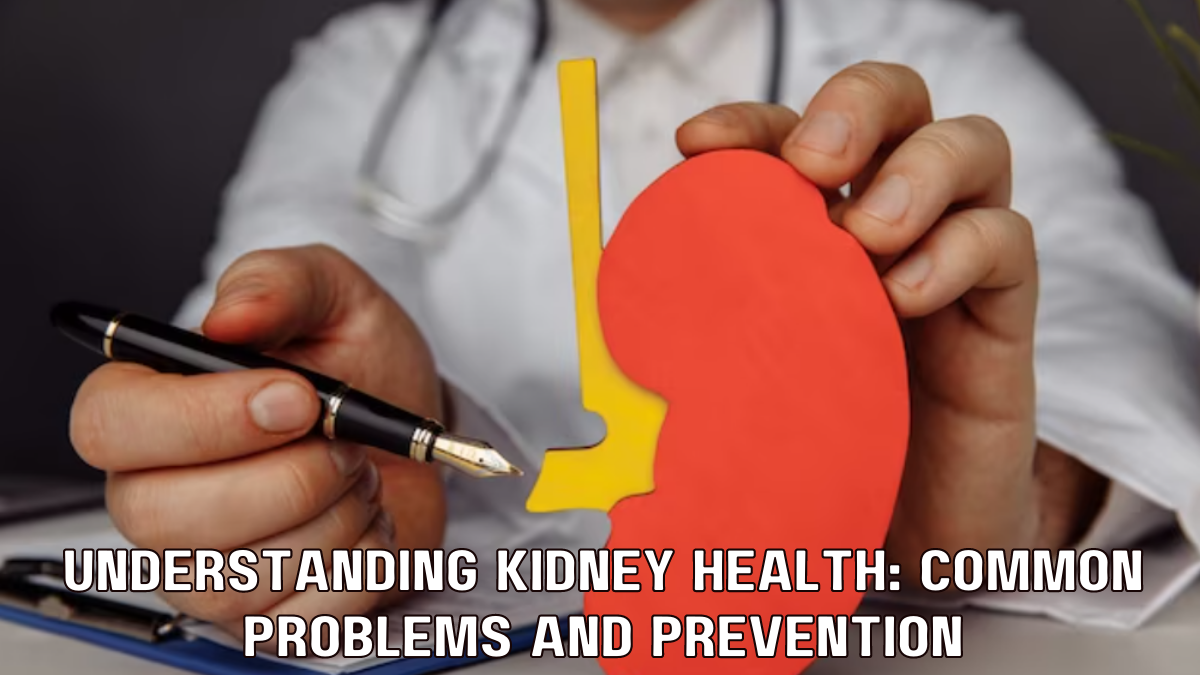Introduction
The kidneys, although small in size, play a crucial role in maintaining our overall health. These bean-shaped organs are responsible for filtering waste and excess fluids from our blood, regulating blood pressure, and producing hormones that contribute to various bodily functions. However, like any other part of the body, kidneys are susceptible to a range of health issues. In this blog, we’ll dive into some of the common kidney problems, their causes, symptoms, and most importantly, how to prevent them.
Common Kidney Problems
- Kidney Stones: These are solid mineral and salt deposits that can form in the kidneys and cause excruciating pain when they travel through the urinary tract. Dehydration, dietary factors, and certain medical conditions can contribute to their formation.
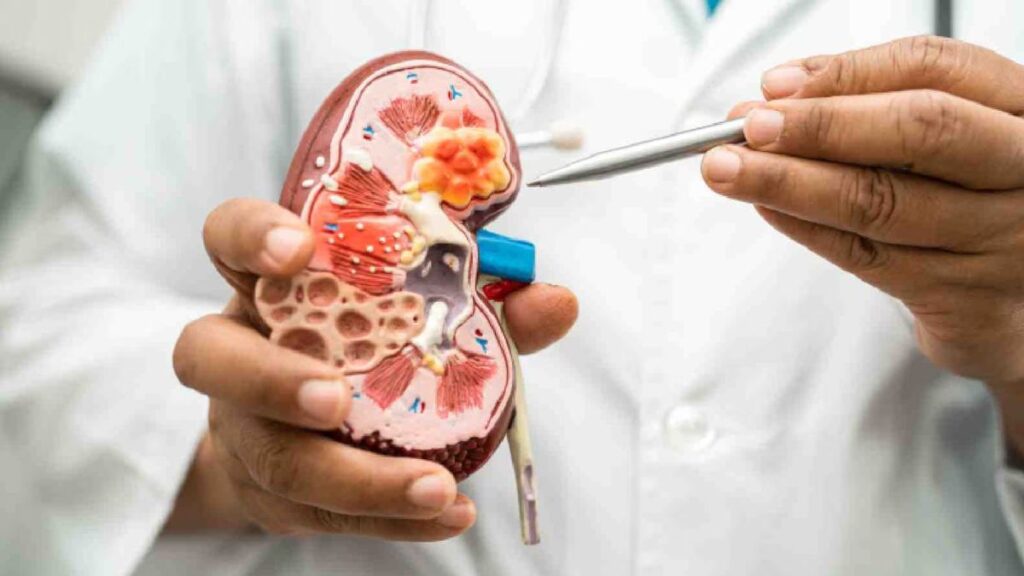
- Chronic Kidney Disease (CKD): CKD is a progressive condition where the kidneys gradually lose their ability to function properly. Diabetes, high blood pressure, and certain genetic factors can increase the risk of CKD.
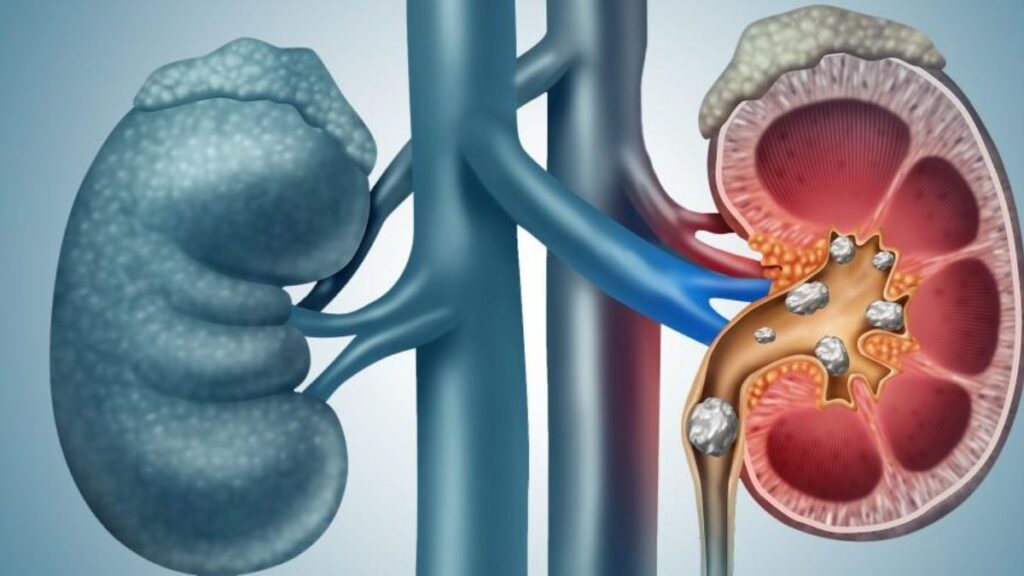
- Urinary Tract Infections (UTIs): UTIs can affect various parts of the urinary system, including the kidneys. Bacteria entering the urinary tract can cause infections, leading to discomfort and potential kidney complications.
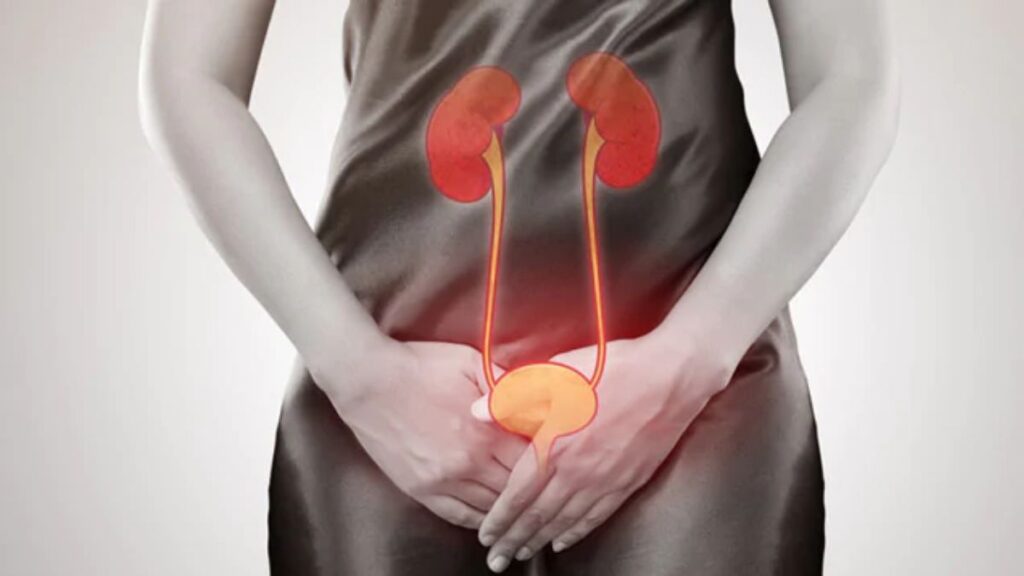
- Polycystic Kidney Disease (PKD): This genetic disorder causes fluid-filled cysts to develop in the kidneys, potentially leading to kidney enlargement and reduced function over time.
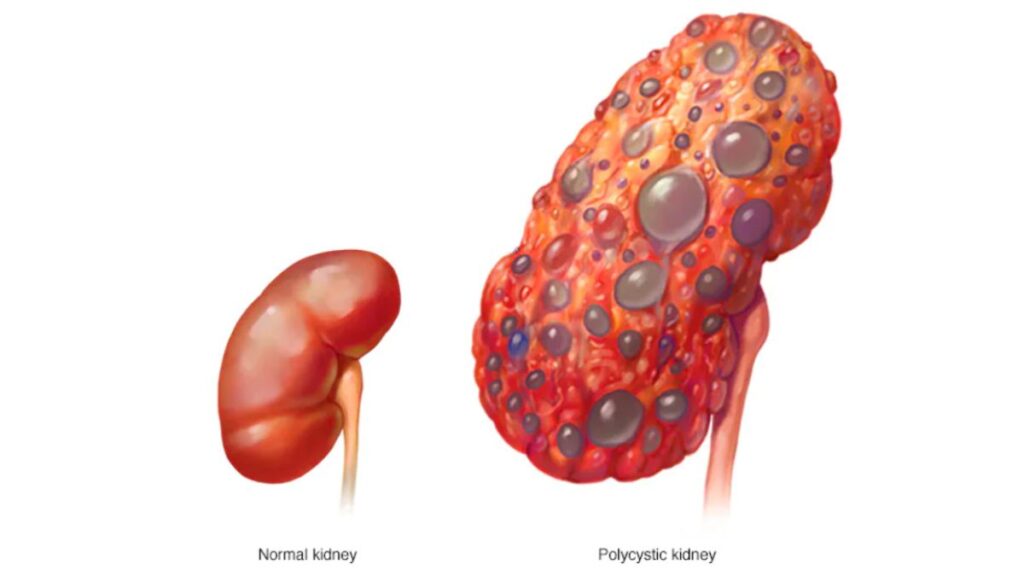
Prevention Strategies
- Stay Hydrated: Proper hydration is crucial for preventing kidney stones. Drinking an adequate amount of water helps dilute minerals and salts, reducing the risk of stone formation.

- Maintain a Balanced Diet: A diet rich in fruits, vegetables, whole grains, and lean proteins can support kidney health. Avoid excessive salt and sugar intake, and limit processed foods.

- Manage Blood Pressure and Diabetes: Since high blood pressure and diabetes are major risk factors for kidney problems, managing these conditions through medication, lifestyle changes, and regular check-ups is essential.

- Avoid Smoking and Excessive Alcohol Consumption: Smoking and heavy alcohol use can negatively impact kidney function. Quitting smoking and moderating alcohol intake can contribute to better kidney health.

- Exercise Regularly: Engaging in physical activity helps maintain a healthy weight and promotes overall cardiovascular health, indirectly benefiting the kidneys.

- Practice Good Hygiene: To prevent UTIs, it’s important to maintain good hygiene habits, especially after using the restroom. Wiping from front to back can help prevent the spread of bacteria.

Conclusion
Understanding the common kidney problems that individuals might face and taking proactive steps to prevent them can go a long way in preserving kidney health. By adopting a healthy lifestyle, staying hydrated, and managing underlying health conditions, you can support your kidneys in their vital functions and enjoy a better quality of life. Remember, regular medical check-ups and consultations with healthcare professionals are essential for detecting and addressing any kidney issues in their early stages.

